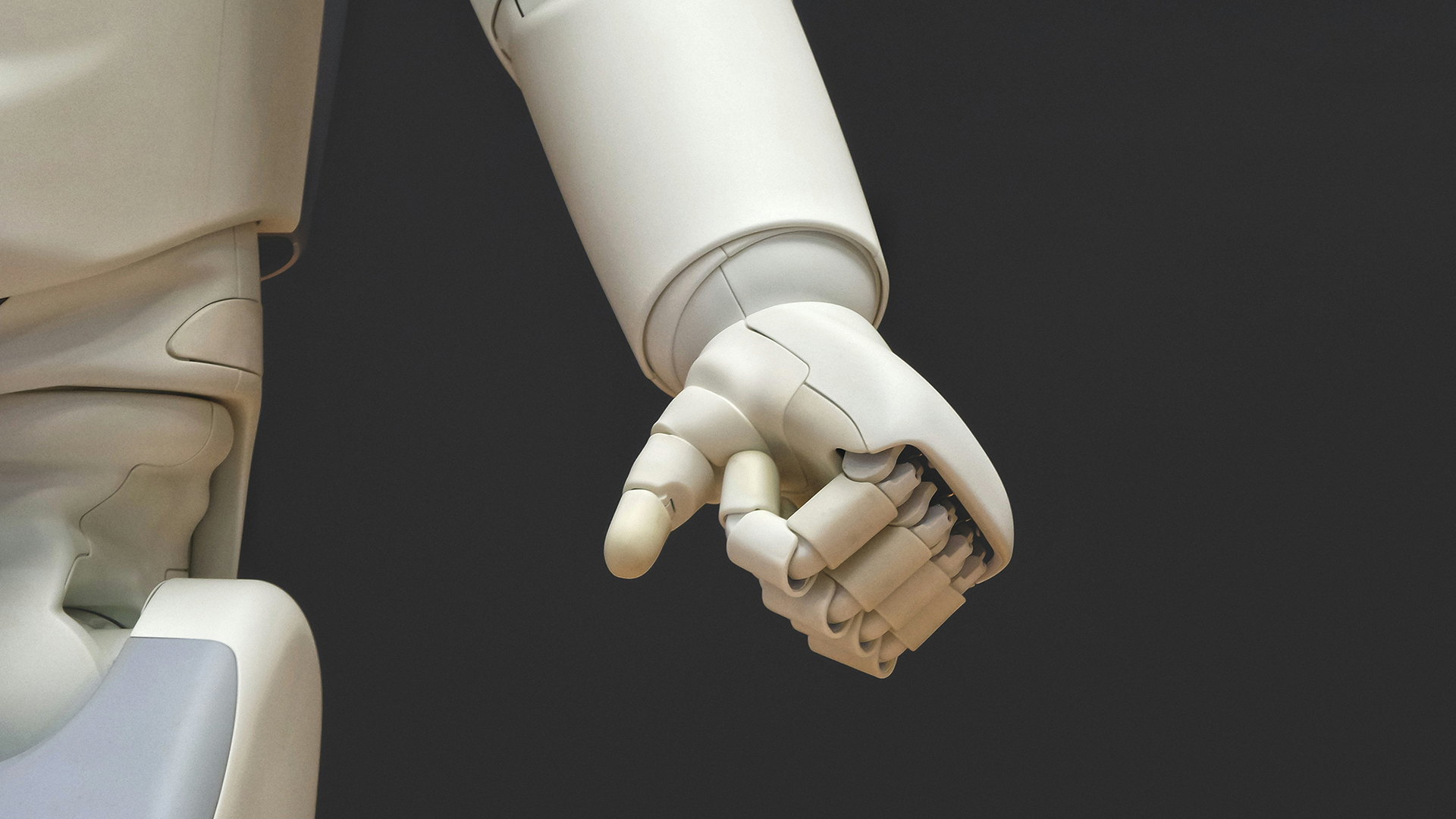Start 4.0, as part of the 2023 call for industrial research projects, financed with PNRR funds, has provided approximately 189,718.07 euros to support the development of the “HERO” project. Proposed by Hiro Robotics srl, in collaboration with Gruppo Iren spa, the project aims to develop a prototype robotic cell (TRL 7) for the treatment of waste electrical and electronic equipment (WEEE), with particular attention to coffee machines and electricity meters.
The digital era has led to an exponential growth in the production of WEEE, which represent a serious environmental and social threat due to toxic and potentially flammable contents, such as
mercury dust, heavy metals and batteries. At the same time, this waste also represents a missed economic opportunity, since it contains valuable materials of strategic interest for Europe, such as gold, silver and rare earths. Some large-sized waste, such as washing machines and refrigerators, are managed in specific treatment plants, while most small-sized WEEE is often disposed of through indiscriminate or manual shredding processes, resulting in economic losses and safety issues.
The “HERO” project aims to develop an innovative robotic cell, capable of treating WEEE waste of heterogeneous nature, thanks to the use of self-learning algorithms that process two-dimensional and three-dimensional images of the waste to guide an anthropomorphic robot in disassembly operations. The applied technology will allow the management of waste that is difficult to treat with traditional methods, increasing the safety, efficiency and sustainability of the disposal process.
The expected benefits of implementing this innovation include the reduction of poorly ergonomic activities performed by operators, such as manual breakage, unscrewing and deformation of plastic materials, improving safety at work and reducing accidents. In addition, the project ensures greater safety during the treatment process by limiting the exposure of operators to toxic and flammable materials and preventing potential fires related to the shredding of flammable batteries. Finally, a reduction in operating costs is expected thanks to an economically sustainable solution, capable of treating a wide range of electrical and electronic equipment.

